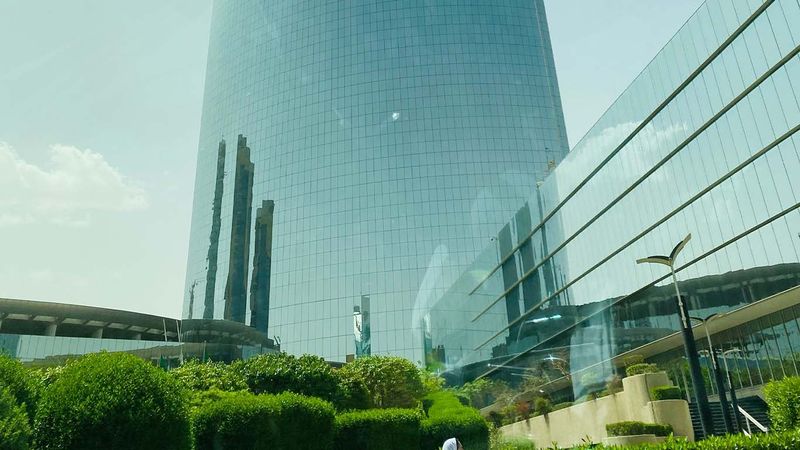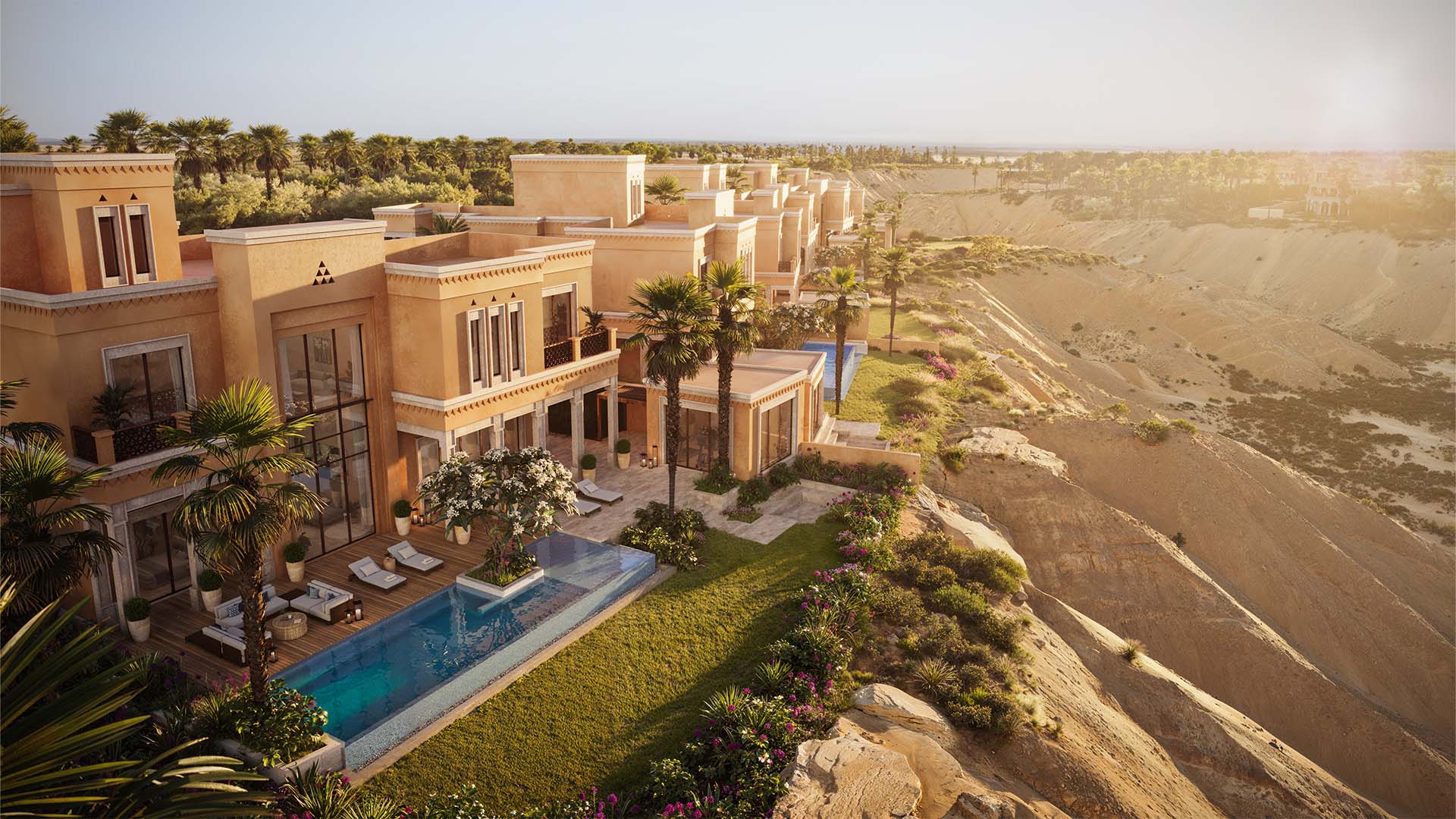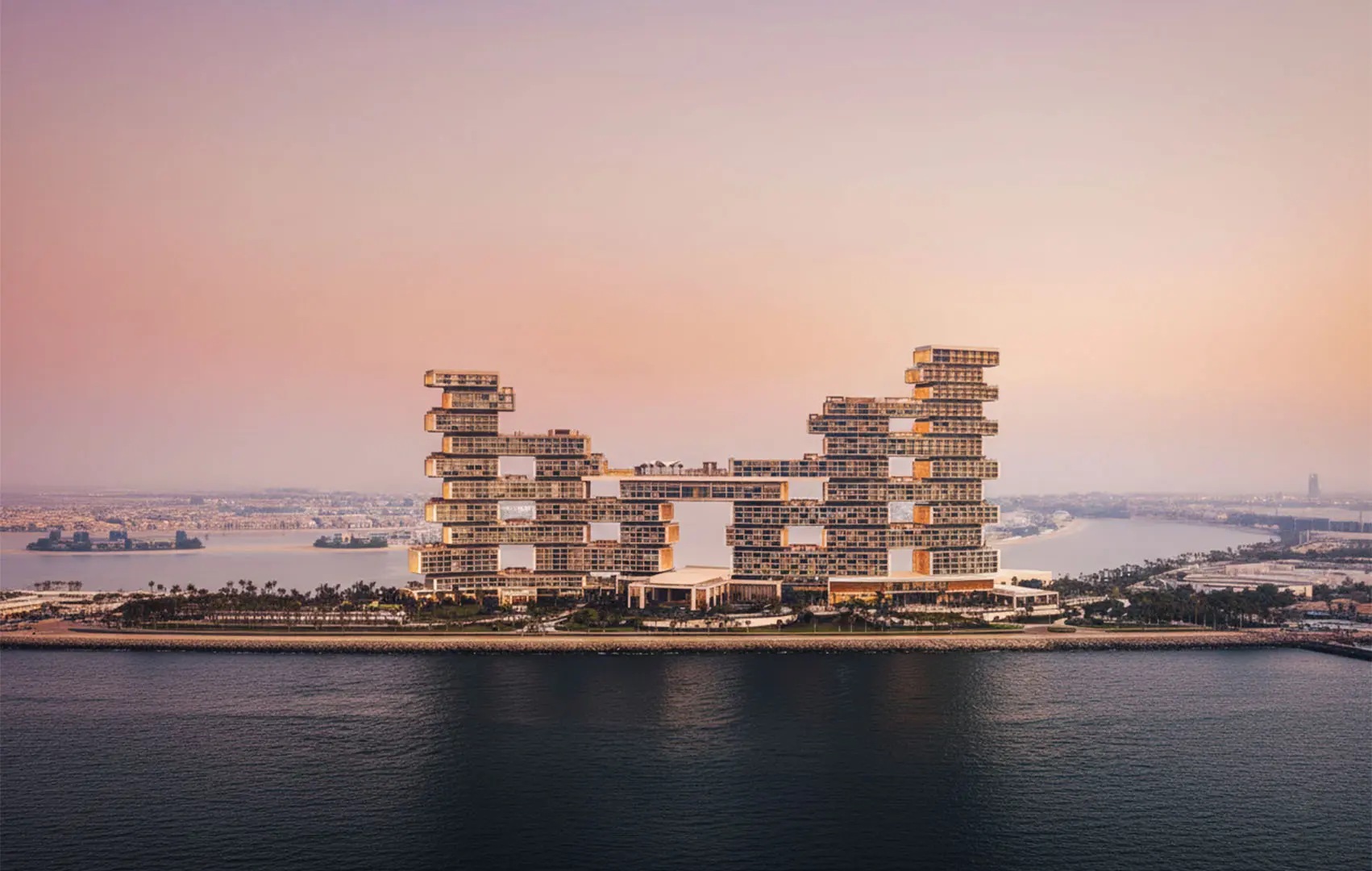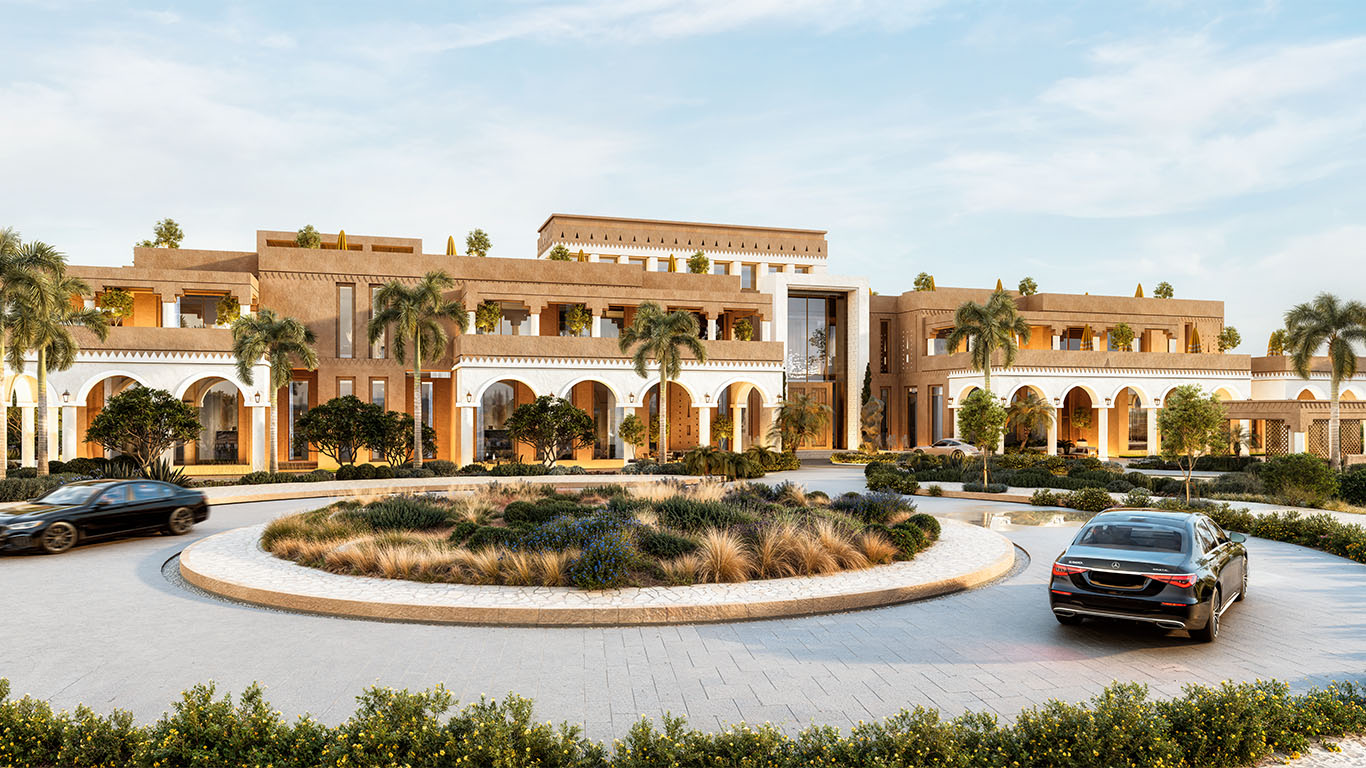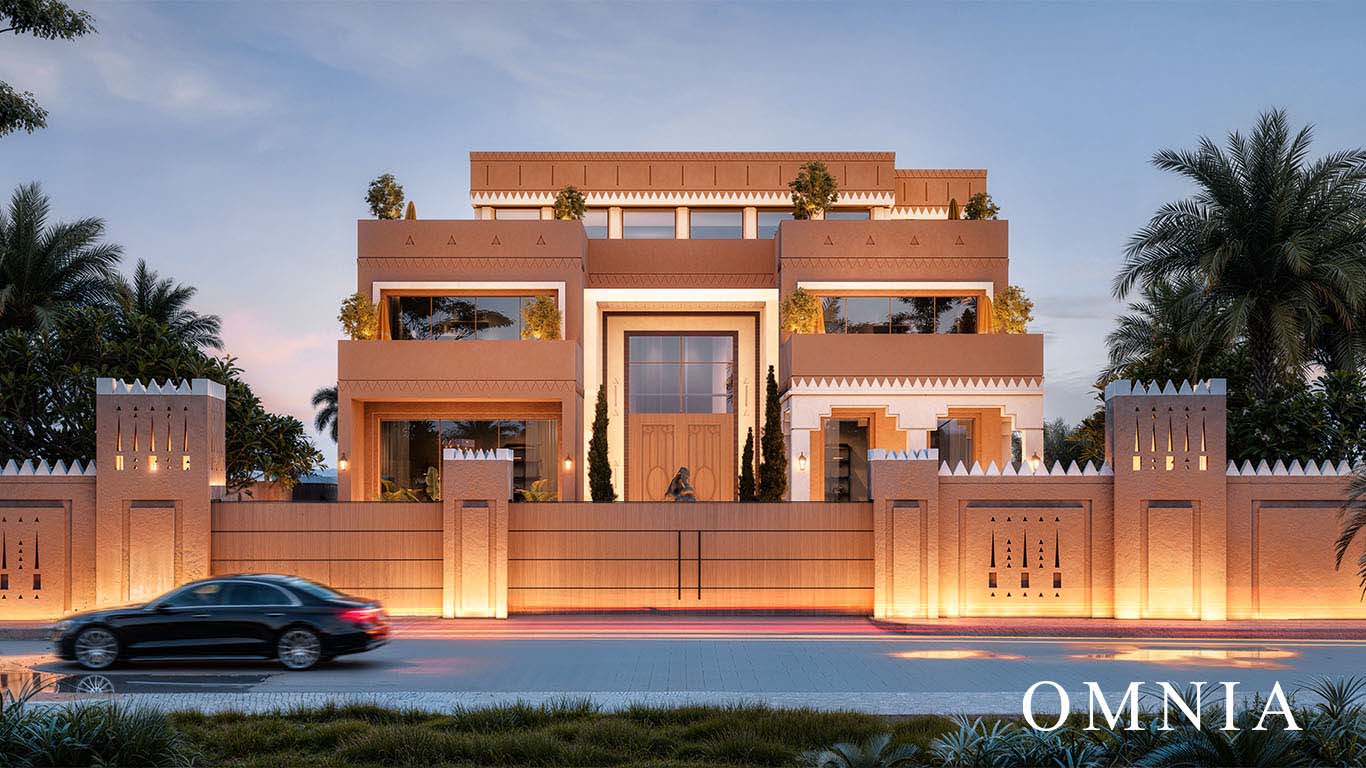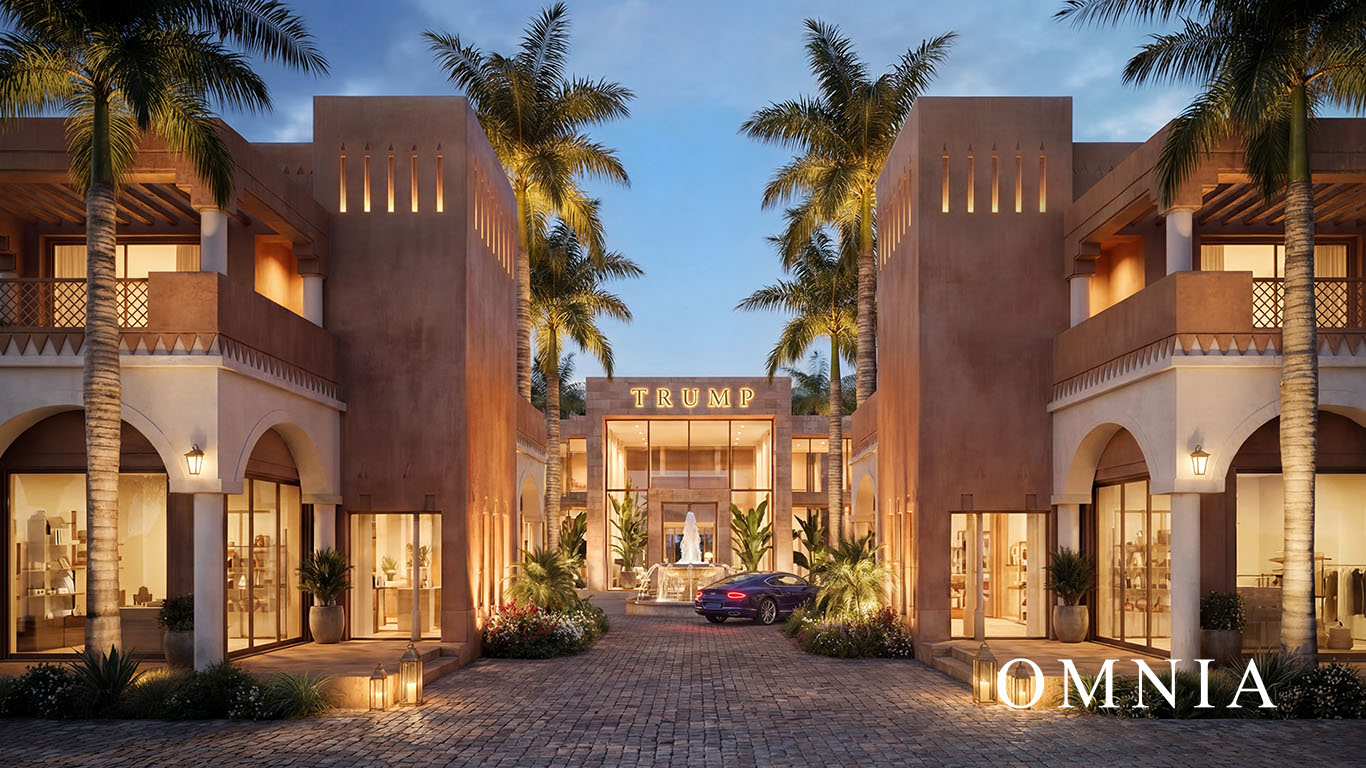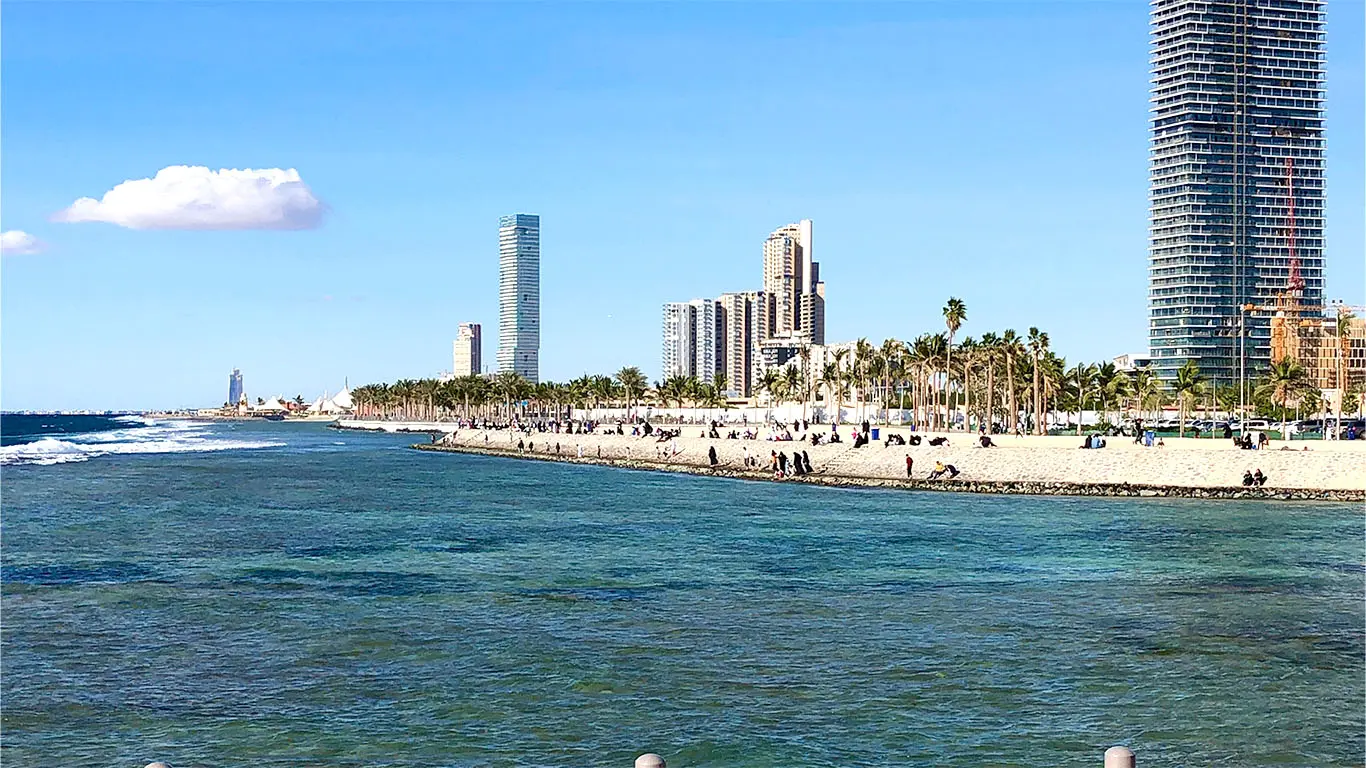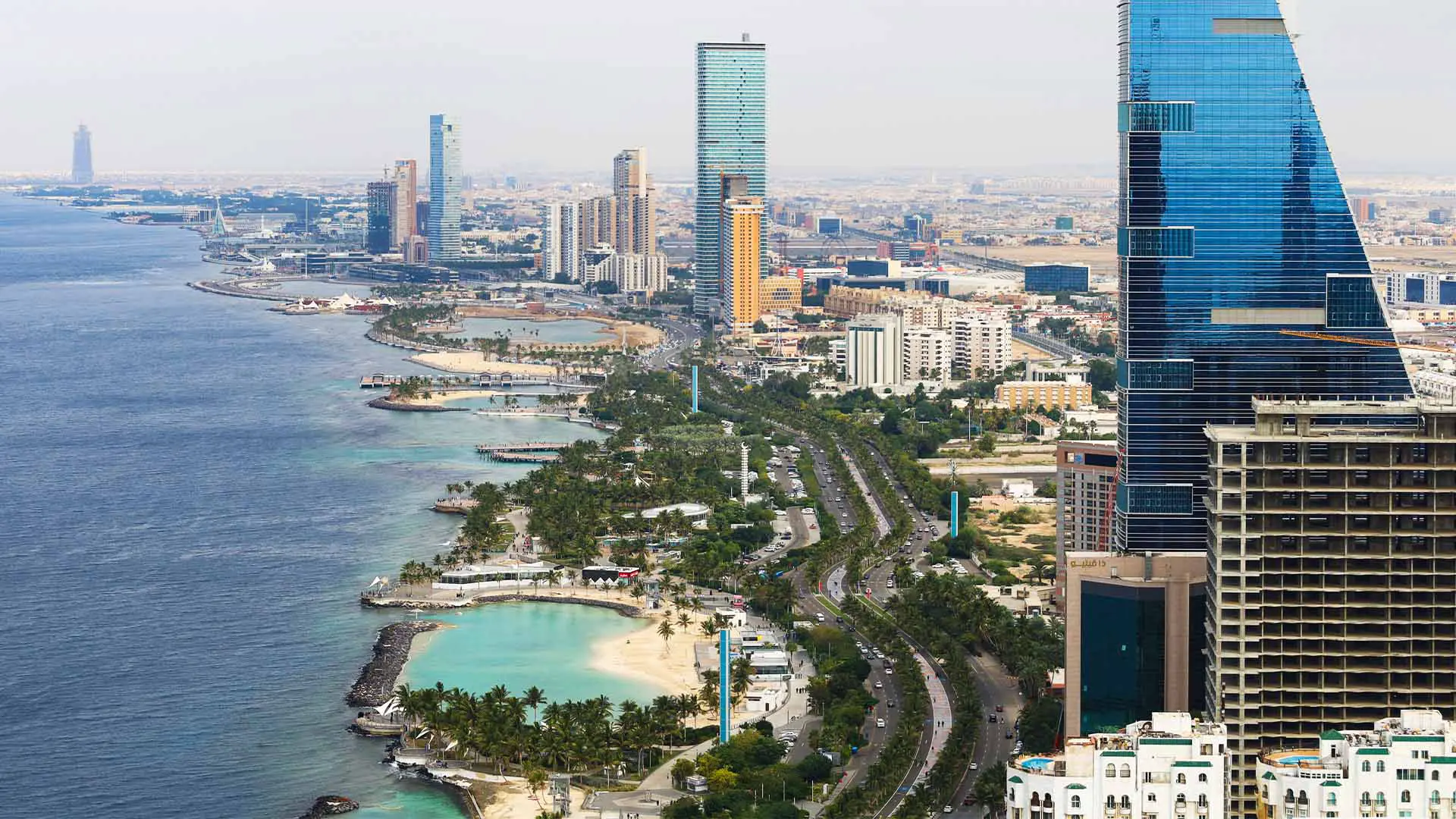
Saudi Arabia has announced a significant reduction in property taxes for foreign investors, a move set to reshape the Kingdom’s real estate market in 2025. As part of Vision 2030’s push to diversify the economy and attract global capital, the government has slashed the property tax rate for non-Saudis from 10% to 5% on property values, effective February 2025. This bold reform, coupled with expanded foreign ownership opportunities, signals a new era for expatriate and international investors eyeing high-growth regions like Riyadh, Jeddah, and NEOM. Here’s what this means for 2025 and beyond.
A Game-Changer for Foreign Investors
The property tax cut is a strategic move to make Saudi Arabia’s real estate market more competitive globally. Previously, non-Saudis faced a 10% tax on the assessed value of properties, a significant hurdle for investors seeking high returns. The new 5% rate, administered by the Zakat, Tax and Customs Authority (ZATCA), reduces upfront costs and boosts profitability, particularly for rental income and capital gains. This aligns with the Kingdom’s broader economic reforms, including the New Investment Law effective February 2025, which streamlines regulations and ensures equal treatment for foreign and domestic investors.
Foreign investors can now own properties in designated areas such as:
- Riyadh: High-demand neighborhoods like Al Malqa, Al Nakheel, and King Abdullah Financial District.
- Jeddah: Coastal zones including Jeddah Corniche, Al Naeem, and Al Rawdah.
- Dammam: Al Khobar and Dhahran, popular among Eastern Province professionals.
- Special Economic Zones: NEOM, King Abdullah Economic City, the Red Sea Project, Amaala, Qiddiya, Al Ula, and Diriyah, offering tax exemptions and 100% ownership.
Additionally, a recent Capital Markets Authority (CMA) decision allows foreigners to invest in listed companies owning real estate in Makkah and Madinah, with a cap of 49% ownership of shares or convertible debt instruments. This opens indirect investment opportunities in the holy cities, previously restricted, to capitalize on pilgrimage-driven revenue streams.
Why Now? Vision 2030 and Economic Diversification
Saudi Arabia’s Vision 2030 aims to reduce oil dependency by boosting non-oil sectors like real estate, tourism, and technology. The property tax reduction is a direct response to this goal, encouraging foreign direct investment (FDI) to fuel economic growth. In 2024, non-oil revenues surged 11%, reaching SR457.73 billion ($122.06 billion), driven partly by increased taxes on income, profits, and capital gains. The tax cut for foreign investors is expected to further accelerate this trend, with the real estate market projected to reach $101.62 billion by 2029, growing at 8% annually.
How to Navigate the New Tax Landscape
- Understand Tax Obligations: The reduced 5% property tax applies to non-Saudis on property values, but other taxes remain. Rental income via corporate entities faces a 20% corporate tax, and a 5% Real Estate Transaction Tax (RETT) applies to all property transfers, effective April 2025. Exemptions for certain transactions, like those for economic or social goals, have been expanded, and monthly penalties for non-payment reduced. Consult a tax advisor to optimize your structure and ensure compliance with ZATCA regulations.
- Focus on High-Growth Areas: Riyadh’s off-plan properties have outperformed secondary sales by 14% year-on-year, while Jeddah’s coastal properties average SAR 8 million for luxury apartments. NEOM and other special economic zones offer unique incentives, including no corporate tax for up to 20 years.
- Engage Local Experts: Work with a Saudi real estate lawyer and a property management company to navigate zoning laws, verify titles, and handle operations. This is critical for remote investors to avoid fraud, such as forged ownership documents, which has led to auctioned properties in some cases.
- Leverage Financing: Expatriates with an Iqama can access Sharia-compliant mortgages (Murabaha or Ijara) from banks like Al Rajhi or Riyad Bank, requiring a 5-15% down payment. Compare terms and hedge against currency fluctuations to stabilize costs.
What to Watch in 2025
The property tax cut is just one piece of Saudi Arabia’s pro-investor puzzle. The Regional Headquarters (RHQ) program offers a 30-year tax exemption package, including 0% corporate income tax, for companies relocating to Riyadh. Investments of SAR 4 million or more qualify for the Premium Residency Program, granting visa-free travel and business ownership perks. With non-oil GDP growth projected at 5.8% in 2025, up from 4.5% in 2024, the Kingdom is poised for a real estate boom.
However, challenges remain. Localization requirements, stricter visa policies, and the need for thorough due diligence underscore the importance of strategic planning. Investors must also monitor currency risks, as the Saudi Riyal’s peg to the US dollar provides stability but doesn’t eliminate fluctuations for other currencies.
The Bottom Line
Saudi Arabia’s property tax cut for foreign investors is a bold step to cement its status as a global investment hub. By reducing barriers and expanding ownership in prime areas like Riyadh, Jeddah, NEOM, and even Makkah and Madinah via listed companies, the Kingdom is opening doors to unprecedented opportunities. For investors, 2025 is the year to act early movers in off-plan projects and special economic zones stand to gain the most. But success demands precision: partner with local experts, research market trends, and structure investments to maximize returns in this dynamic market.

Become a member to Access our full network. The ultimate community for global investors.







